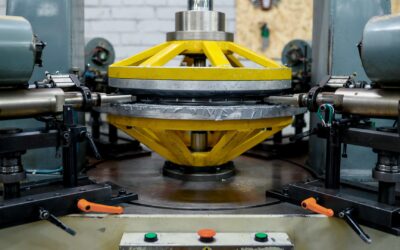Let’s face it, changeovers are a double-edged sword. While they enable flexibility and responsiveness to market demands, they also pose significant operational challenges to execute flawlessly. From prolonged downtime to safety risks, inefficient changeovers can derail production schedules and inflate costs. However, with the right strategies and tools—like video SOPs—these challenges can be effectively addressed.
Here’s a look at the top five changeover challenges manufacturers face and actionable solutions to overcome them.
1. Prolonged Downtime
The Challenge: Lengthy changeovers disrupt production schedules, leading to missed deadlines and reduced throughput.
Solution:
- Implement video SOPs that provide step-by-step guidance, reducing guesswork and ensuring operators follow the correct procedures.
- Train workers to identify bottlenecks using data analytics to pinpoint stages that take the longest.
- Create a changeover “task force” that evaluates and improves the process over time.
2. Lack of Standardization
The Challenge: Variability in how changeovers are performed across shifts or sites leads to inconsistent results and inefficiencies, posing risks to safety, scrap, and downtime. Even a fraction of a millimeter off can result in production scrap.
Solution:
- Use AI-powered tools like DeepHow to document best practices and distribute them across teams.
- Employ visual and interactive SOPs to ensure that every worker has access to the same high-quality training materials.
- Regularly audit procedures and provide refresher training based on video insights.
Key Tip: Multimodal SOPs can ensure consistency across global facilities, bridging communication gaps.
Read the article in full here.
Dr. David Schippers brings decades of industry experience in information technology, cybersecurity, and project management for large core system designs, quality assurance testing and system implementations, impacting regional, national and international business operations nearing a billion dollars. Dave earned his Doctorate of Science in Cybersecurity from Capitol Technology University. Dave’s doctoral research focused on source device authentication, assessing engineering and forensic authentication techniques. He earned his MS in Information Systems Management and his undergraduate degree in Information Security and Intelligence with a concentration in digital forensics from Ferris State University. Additionally, Dave has earned multiple industry certifications, including the CISSP and EnCE, and holds a professional investigator license in Michigan.




